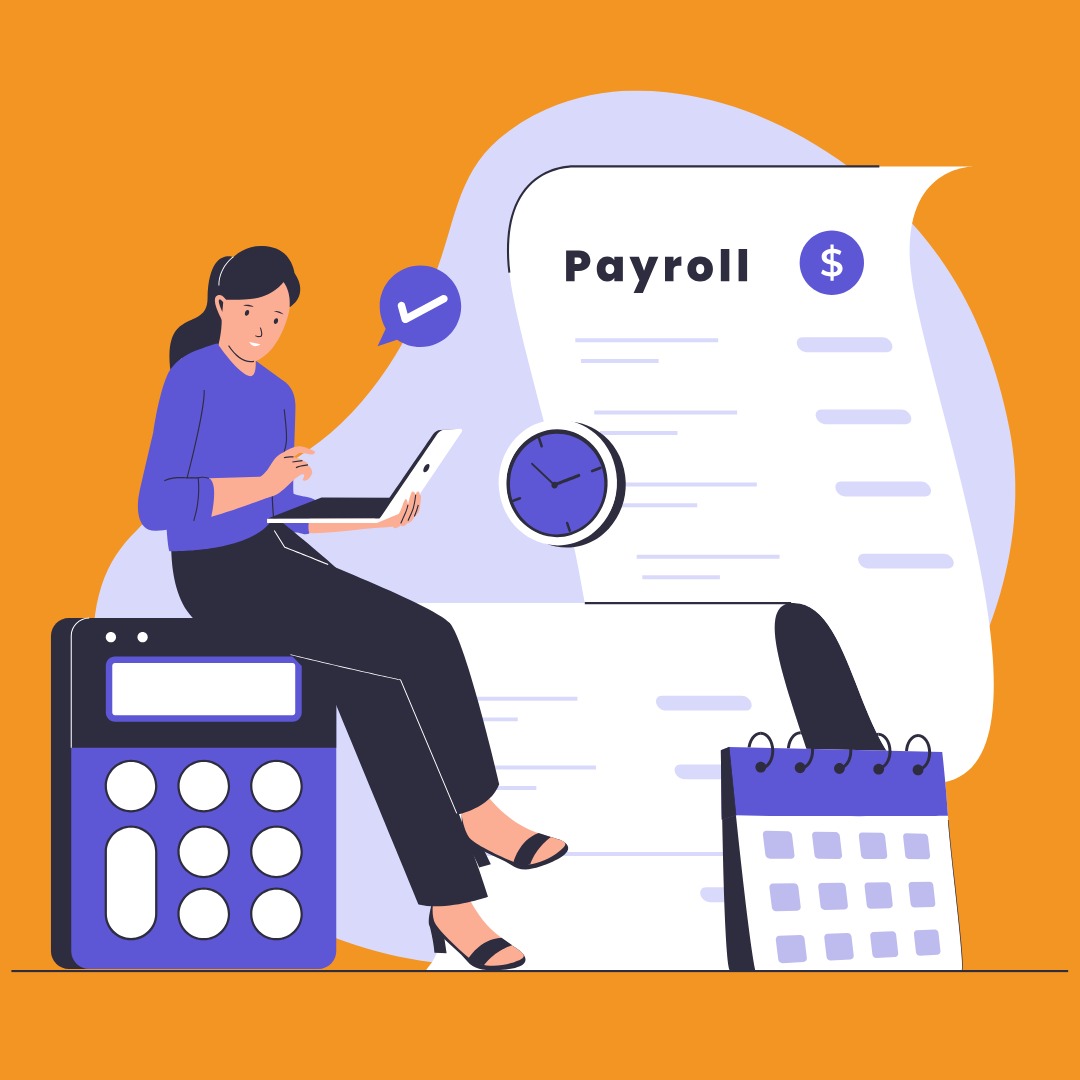Payroll Management Software
Payroll management software is a specialized digital tool designed to streamline and automate the complex processes involved in paying employees, calculating deductions, and ensuring compliance.......

Payroll management software is a specialized digital tool designed to streamline and automate the complex processes involved in paying employees, calculating deductions, and ensuring compliance with tax laws and labor regulations. It plays a critical role in the efficient operation of a business's payroll department. Here are key features and benefits of payroll management software:
Key Features and Functions:
-
Employee Data Management: Payroll software serves as a centralized repository for employee data, including personal information, tax details, salary history, and employment records.
-
Payroll Calculation: It automates the calculation of employee salaries, taking into account factors like hourly wages, overtime, bonuses, and deductions such as taxes and benefits.
-
Tax Compliance: Payroll software helps businesses stay compliant with federal, state, and local tax regulations by automatically calculating and withholding the correct amount of income tax, Social Security, Medicare, and other applicable taxes.
-
Direct Deposits and Payments: It facilitates direct deposits into employees' bank accounts, eliminating the need for paper checks and reducing administrative costs.
-
Time and Attendance Integration: Many payroll systems integrate with time and attendance tracking software to accurately calculate wages based on hours worked, including overtime and time-off accruals.
-
Customizable Deductions: Businesses can set up and manage various deductions and contributions, such as retirement plans, health insurance, and employee contributions, according to their specific policies.
-
Compliance Reporting: Payroll software generates tax reports, including W-2 and 1099 forms, and provides year-end reporting capabilities to ensure compliance with tax laws.
-
Employee Self-Service: Some payroll systems offer employee self-service portals, allowing employees to access their pay stubs, tax forms, and update their personal information.
-
Expense Reimbursement: It supports the reimbursement of employee expenses, allowing businesses to track and process expense claims efficiently.
Benefits of Payroll Management Software:
-
Accuracy: Automation reduces the risk of human errors in payroll calculations and tax withholding, ensuring accurate and compliant payroll processing.
-
Efficiency: Payroll software streamlines time-consuming manual processes, saving time and reducing administrative overhead.
-
Cost Savings: Automated payroll processes reduce the need for manual data entry and paper checks, resulting in cost savings for businesses.
-
Tax Compliance: The software helps businesses stay compliant with complex tax regulations, reducing the risk of penalties and fines.
-
Security: Employee payroll data is securely stored with role-based access controls, safeguarding sensitive information.
-
Reporting and Analytics: Payroll systems offer reporting and analytics tools that provide insights into labor costs, employee compensation, and tax liabilities.
-
Scalability: Payroll software can accommodate the changing needs of businesses as they grow and expand their workforce.
-
Employee Satisfaction: Accurate and timely payroll processing contributes to employee satisfaction and trust in the organization.
In conclusion, payroll management software is a crucial tool for businesses of all sizes seeking to automate and streamline their payroll processes, ensure tax compliance, and reduce administrative burdens. Choosing the right payroll software tailored to the organization's specific needs is essential for maximizing its benefits and ensuring smooth payroll operations.
Category
Software DevelopmentInterested in Payroll Management Software ?
Contact us today to learn more about how we can help you with Payroll Management Software .
Get In Touch